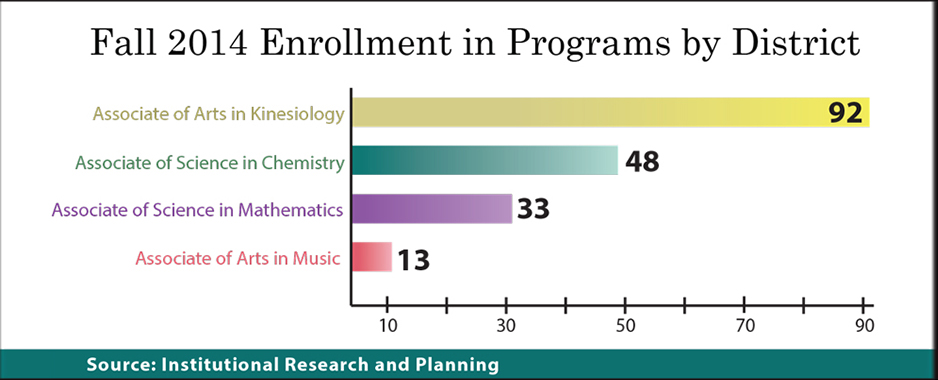By Victoria Cross/reporter
Chicano parents took large strides to protect their future generations from being held back educationally and socially during the Jim Crow age, SE students learned Oct. 15.
SE history associate professor Joel Tovanche provided a timeline of Chicano community movements against various school boards who illegally segregated students based on race.
The first social movement began in 1910, when the San Angelo, Texas, school board began building a new school for white students, leaving the older school for the Hispanic students who took up 10 percent of the population. Tovanche said it was agreed that all the students would be given the same materials but would be taught separately.
“Separate but equal is not equal,” he said.
The Chicano parents began to boycott the school in protest, demanding cultural integration, Tovanche said.
“Chicano students were discriminated against just from hearing a surname Gonzales or Hernandez,” he said.
The students were forced into schools that focused on English language, patriotism, manual arts and labor. The school board told parents their children could hinder other students from learning because they required special attention, Tovanche said. No law was in place that required or prohibited segregation on Chicanos in education.
Social movements evolved into filing suits with the board of education, county court and even federal district courts. The case of Alvarez v. Lemon Grove ISD (CA, 1931) was the first successful court case on racial desegregation in classrooms, Tovanche said.
A new Hispanic school was constructed and nicknamed “The Barnyard” by students and parents, Tovanche said. The community banned together and filed suit in county court with the best student in the class as a witness. Roberto Alvarez proved students can excel no matter what background or race and that segregation disadvantages students educationally, he said.
Tovanche quoted Frederick Douglass in reference to the struggle: “Power concedes nothing without a demand. It never did, and it never will.”
The voices of the courageous parents were heard, and their story is retold to remind future generations of the rights afforded to them, Tovanche said.



























